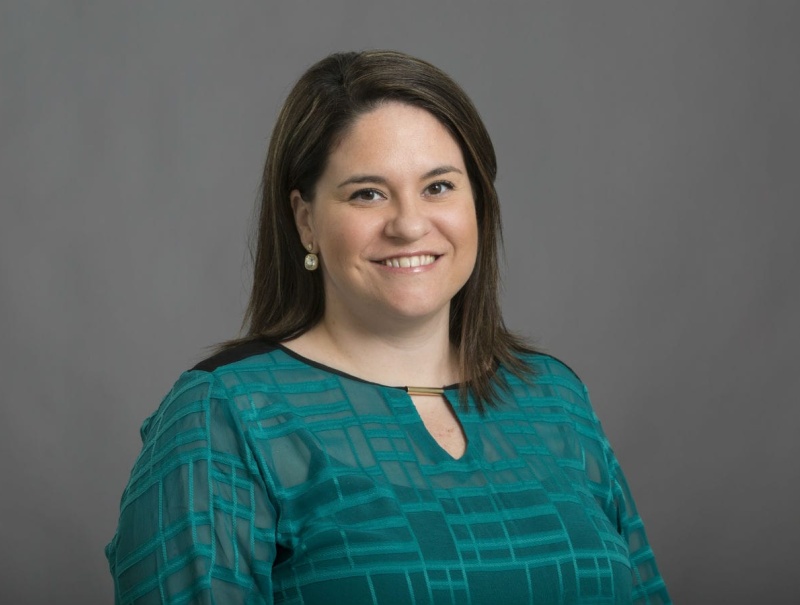Professor, Department of Psychiatry and Behavioral Sciences

Rush Medical College
Professor, Department of Psychiatry and Behavioral Sciences
Director of Pediatric Chronobiology and Sleep Research Program
